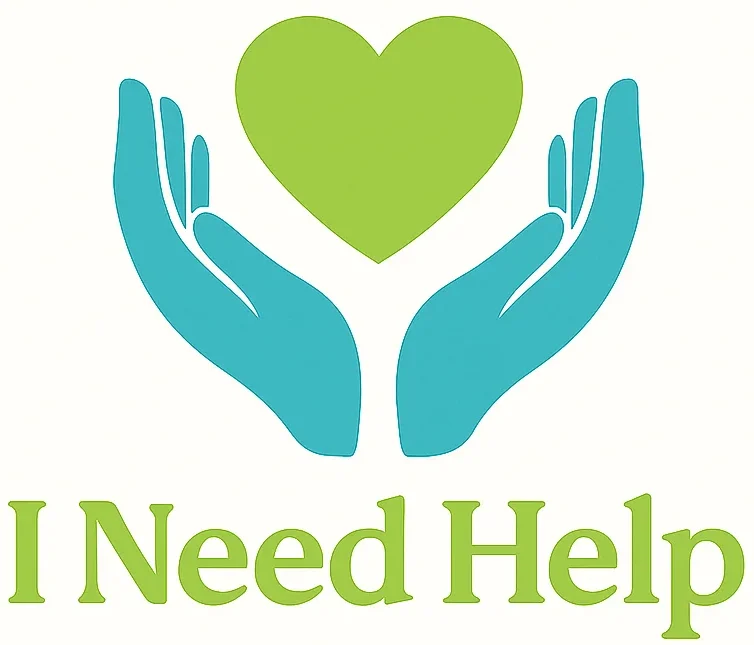Relationships & Boundaries

Relationships & Boundaries
The Importance of Healthy Relationships
Human connection is a fundamental need. Healthy relationships — whether with family, friends, romantic partners, or colleagues — provide emotional support, safety, love, and belonging. But when relationships are toxic, controlling, or abusive, they can damage mental health and self-esteem.
In South Africa, where many people grow up in challenging environments — including high rates of domestic violence, poverty, and absent parents — forming and maintaining healthy relationships can be complex.
What Makes a Relationship Healthy?
Healthy relationships are built on:
– Mutual respect
– Open communication
– Trust and honesty
– Equality and shared responsibility
– Emotional support and empathy
– Independence alongside connection
– Clear and respected boundaries
Signs of an unhealthy relationship include:
– Controlling behaviour
– Jealousy and possessiveness
– Gaslighting or manipulation
– Constant criticism
– Physical, sexual, or emotional abuse
– Lack of communication or fear of being honest
Understanding Boundaries
Boundaries are the emotional, physical, and mental limits we set to protect our well-being. They define what is okay and what isn’t — in how others treat us and how we treat ourselves.
Types of boundaries:
1. Emotional – Sharing feelings at a comfortable pace; not accepting blame for others’ emotions.
2. Physical – Respecting personal space and touch preferences.
3. Sexual – Consent and comfort in sexual interactions.
4. Time – Balancing time between work, rest, and relationships.
5. Digital – Privacy around phones, social media, and online identity.
6. Material – Deciding what possessions or finances you’re willing to share.
Why Boundaries Are Hard to Set
1. Fear of Rejection
– People may tolerate disrespect to avoid conflict or abandonment.
2. Cultural Expectations
– In some communities, questioning elders or parents is discouraged, even when boundaries are crossed.
3. Past Trauma
– Abuse survivors may not recognise their right to set limits.
4. Low Self-Esteem
– People may feel they don’t deserve respect or space.
5. People-Pleasing
– Prioritising others’ needs to gain approval or avoid guilt.
How to Set Healthy Boundaries
1. Know Your Needs
– Identify what feels safe, respectful, and healthy for you.
2. Communicate Clearly
– Use “I” statements: “I feel uncomfortable when…”, “I need time to think.”
3. Start Small
– Practice in low-risk situations before addressing bigger issues.
4. Be Consistent
– Don’t change boundaries based on mood or pressure.
5. Prepare for Pushback
– Some people may react negatively. Stand firm and restate your needs.
6. Use Support
– A therapist, mentor, or trusted friend can coach and affirm your boundaries.
7. Walk Away When Needed
– You have a right to leave toxic or unsafe relationships — even if the person is family.
Relationships and Mental Health
Strong, respectful relationships can buffer against stress, anxiety, and depression. They offer perspective, connection, and support. On the other hand, toxic relationships can:
– Trigger trauma
– Undermine self-worth
– Increase anxiety or depression
– Create fear or emotional exhaustion
South Africa has alarmingly high rates of gender-based violence and intimate partner abuse. Women, LGBTQ+ individuals, and children are particularly vulnerable. It is critical to teach young people — especially boys — about consent, respect, and emotional intelligence from a young age.
Romantic Relationships: What to Look For
Green flags:
– They listen to you without judgment
– You feel safe being yourself
– They apologise when wrong
– They support your goals and friendships
Red flags:
– They monitor your phone or social media
– They isolate you from friends or family
– They threaten, intimidate, or belittle you
– They ignore your consent or boundaries
Friendships and Boundaries
Good friends uplift you, respect your space, and grow with you. It’s okay to outgrow friendships that are:
– One-sided
– Full of gossip or negativity
– Disrespectful or draining
– Non-supportive in hard times
You can still care about someone without allowing them to harm or exhaust you.
Family Boundaries
In African cultures, family is often seen as sacred — and rightly so. But that doesn’t mean you must tolerate disrespect, control, or emotional blackmail.
You’re allowed to:
– Say no to toxic relatives
– Limit contact with draining family members
– Speak your truth with respect
– Create your own definition of “family” based on love and safety
Workplace Boundaries
– Not answering calls or emails after hours
– Taking breaks without guilt
– Saying no to extra tasks beyond your role
– Reporting harassment or toxic behaviour
Workplace culture in South Africa can be exploitative, especially for young professionals, interns, and women. Protecting your energy and well-being is essential.
Building Healthier Relationships
1. Emotional Intelligence
– Understanding your emotions and those of others.
– Helps with empathy, communication, and conflict resolution.
2. Conflict Skills
– Disagreements happen. Learn to express yourself without attacking.
– Practice active listening and compromise.
3. Mutual Growth
– Healthy relationships grow over time. Encourage each other’s healing and development.
4. Therapy
– Individual or couples therapy can help unpack baggage and build better habits.
5. Self-Love
– The way you treat yourself sets the tone for how others treat you.
– Boundaries start with self-respect.
Conclusion
You deserve relationships where you feel safe, respected, and free to be yourself. Setting boundaries isn’t selfish — it’s an act of self-care and self-respect. The right people will honour them.
Real-Life Stories
Mpho, 24 – Pretoria
“My boyfriend used to call me every hour, check my phone, and get angry if I wore makeup. I thought it was love. But I started feeling like I was shrinking. A counsellor at campus helped me see it wasn’t healthy. I ended the relationship and found myself again.”
Tariq, 31 – Johannesburg
“I’m the oldest son, so I was expected to support everyone. I had no life of my own. Saying ‘no’ felt like betrayal. My therapist helped me set small boundaries. Now I help — but not at the cost of my own health.”
Zinzi, 27 – Eastern Cape
“My best friend always made jokes at my expense. I laughed along but it hurt. One day I told her to stop. She got defensive. We drifted. It was painful but necessary. I’m learning that boundaries sometimes mean letting go.”
Mental Health Resource Guide
